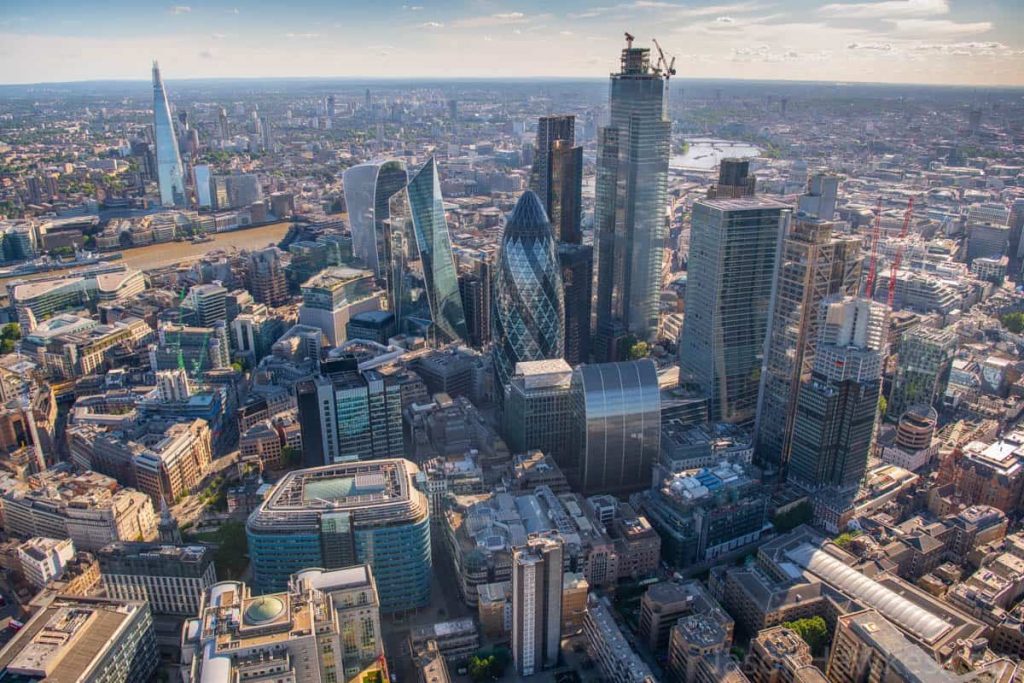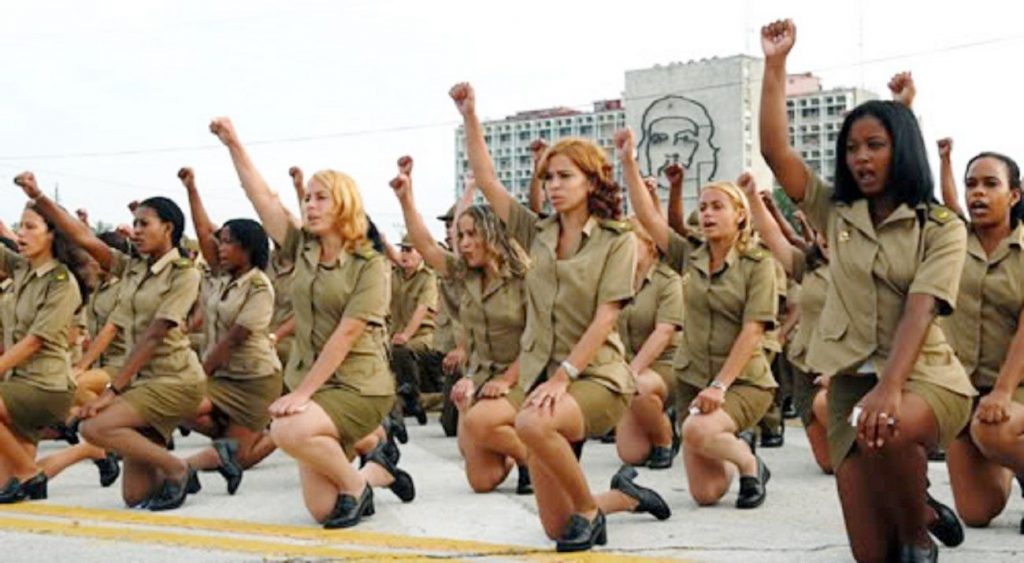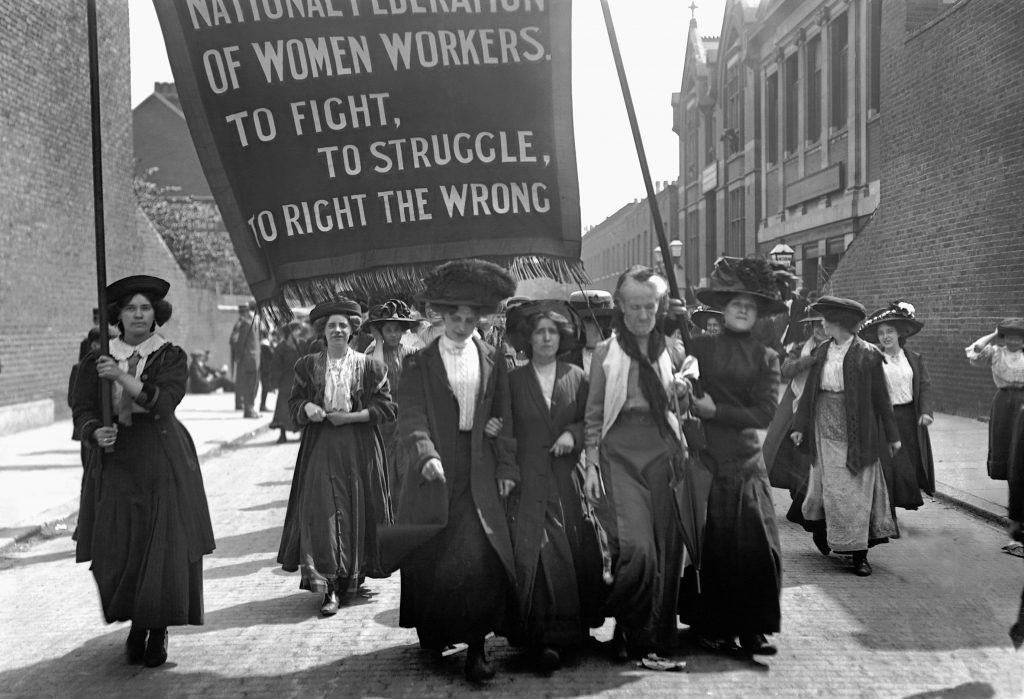6. The State

The issue of the state is a crucial one for Marxists. Any serious revolutionary strategy must be based on an understanding of what the state is, how it operates and what role it plays in social transformation.
In order to answer these questions, we must look at the origin of the state. The modern state (government, judiciary, police force, army, etc.) may appear both impartial (at times) and ever present. In reality it is neither. In early society neither the state, nor anything fulfilling a similar role, existed. The emergence of the state appeared at that time at which society became divided into classes, into oppressors and oppressed.
7. Imperialism (Part 1)

Lenin argued that “the most deep-rooted economic foundation of imperialism is monopoly” and that imperialism could be briefly defined as “the monopoly stage of capitalism” (Imperialism, 1916). Under capitalism, cyclical economic crises, combined with the advantages of scale held by large companies over small- and medium-sized businesses, lead inevitably to the annexation of smaller companies by larger enterprises.
8. Imperialism (Part 2)

The history of imperialism can be roughly divided into three phases.
The first phase of imperialism, up until 1945, was characterised by inter-imperialist rivalry and the drive to divide and re-divide the world into spheres of influence of the dominant capitalist countries. It is important to note that this was a global, not national or regional, process and that imperialism has always been a global system.
9. Capitalist Crisis

One of the key features of capitalism is the recurrence of periodic, systemic crises. These crises are either denied by capitalist economists, attributed to specific circumstances (and thereby taken as an exception rather than a rule) or it is claimed that, actually, the cause of the crisis was state intervention and attempts at planning which have thwarted the logic of the market and deformed an otherwise perfect system.
10. The Falling Rate of Profit

Capitalism, once a progressive force in both social and productive terms, becomes more parasitic and moribund throughout its development. More and more, the social relations of production, crystallised in a social and legal system based on protection of private property, begin to hold back the development of society’s productive forces. More and more, labour is wasted in socially-useless production or financial speculation. Capitalism daily fails the majority of people, impoverishing them in order to make the rich richer.
11. Is Marxism Determinist?

One of the main accusations thrown at Marxists over the years, particularly in bourgeois academic circles, is that Marxism is determinist – a crude form of mechanistic materialism which neglects to take into account individual human beings.
What is socialist feminism?

Socialist, or Marxist, feminism is feminism with a class analysis – feminism explored through the angle of class as the primary, and arguably strongest, oppressor. To go back to its very basics, Marxism is the intrinsic knowledge that societies are built on a hierarchy and are unequal – capitalism depends on this inequality. The capital […]
12. Alienation

Capitalism distorts our understanding of social relations. Class structured societies, by their very nature, deform these relations. Marx developed and looked at the theme of alienation, from the Economic and Philosophical Manuscripts in 1844 to Capital in 1867.
Marx said that commodity production captures human labour within capitalist production. The relationships between people get caught up in the relationship between things.
13. Women’s Oppression

Women’s oppression is as old as class society. Indeed, oppression of women can be found in all class societies without exception. Prior to the division of society into classes, whilst there is evidence of division of labour between the sexes, this was not antagonistic. It was at the point at which human beings could create a surplus above that required for their survival that both classes and the relationships of domination and subordination between the sexes appeared.
14. Racial Oppression

Working people of minority social groups in Britain continue to face official and unofficial forms of discrimination in their social and economic life.
The forms of oppression and the significance for our struggle also depend upon the context. For example, in Britain, British Black and British South Asian groups make up 3.4% and 6.8% of the population of the UK – 2.2 and 4.4 million people respectively.


